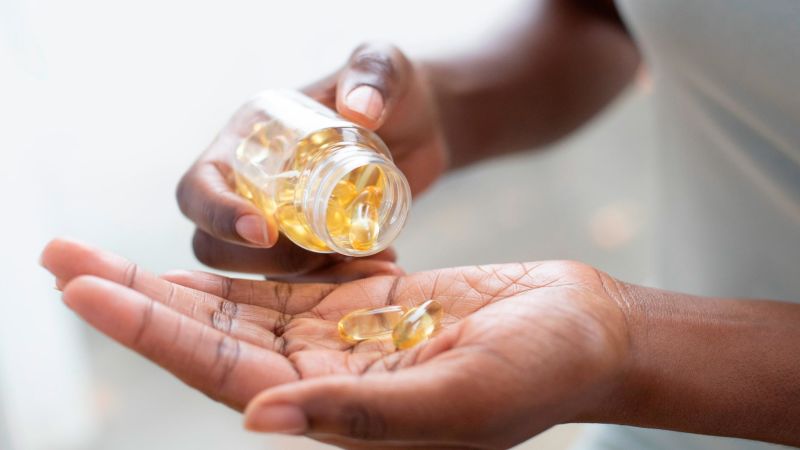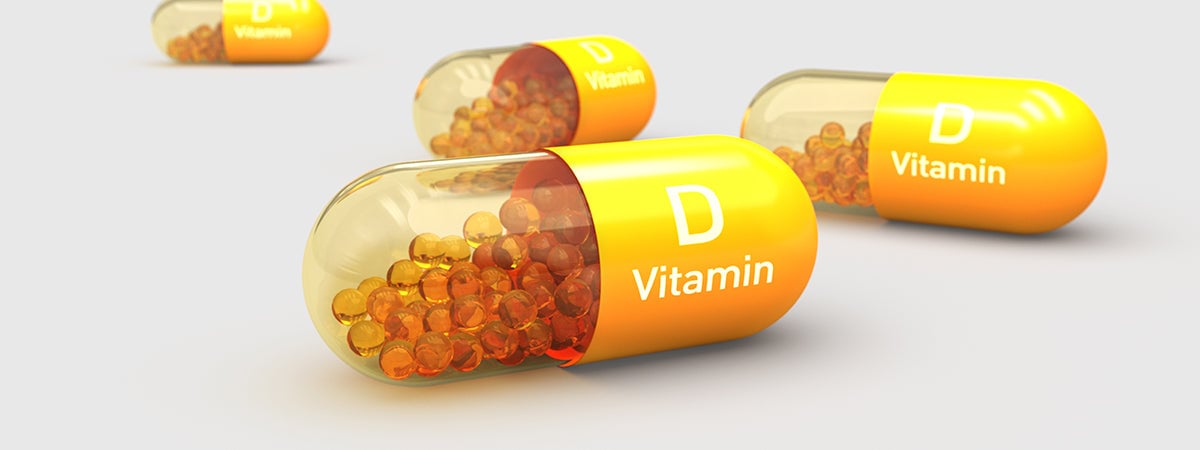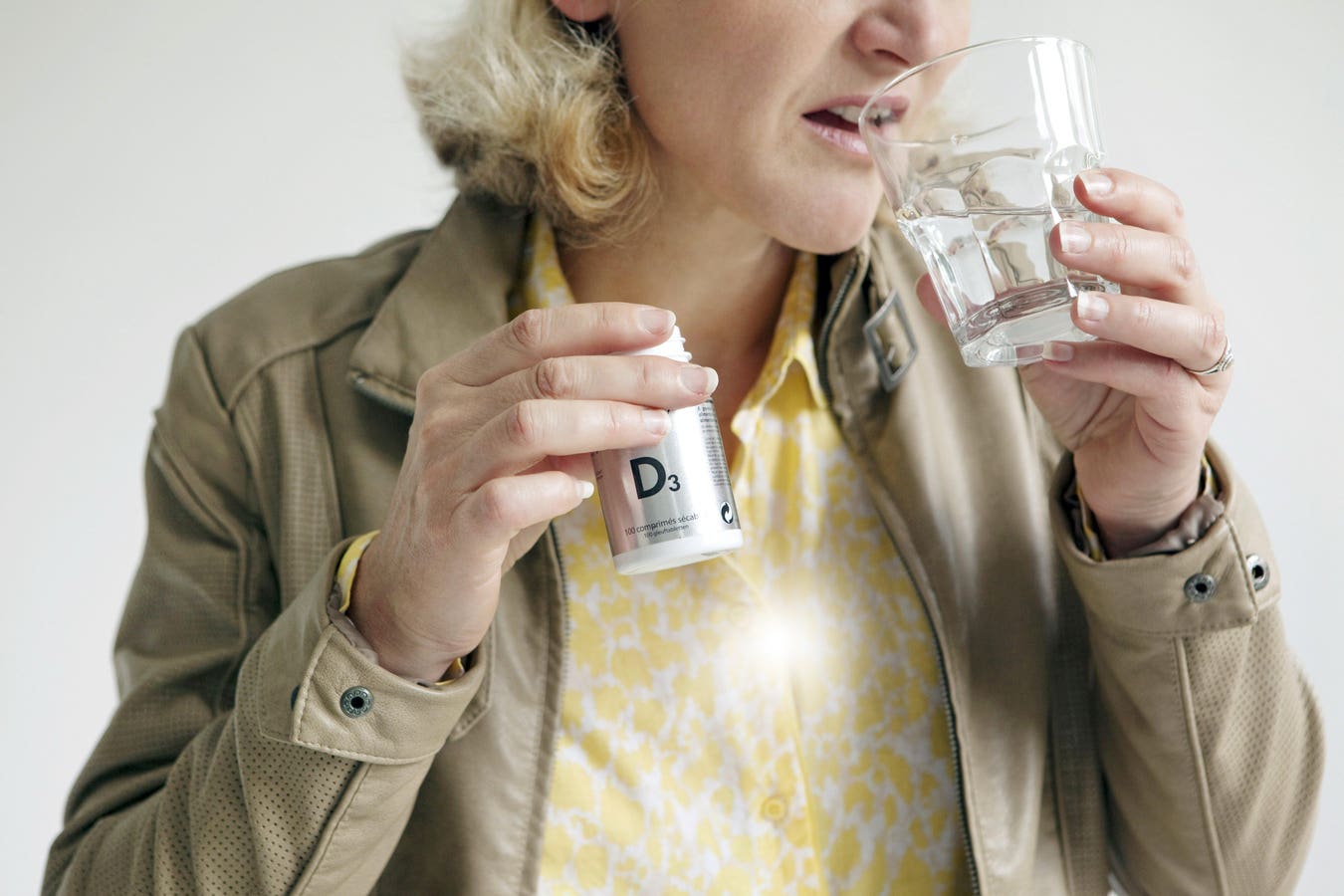I guess everyone is jumping on the NEJM article. Here's an article a couple of days ago from Forbes. Highlights are below if you don't have an account or know how to use incognito. The biggest takeaway quote for me is "low levels of vitamin D are a
result of bad health, not the cause."
Way back in 2014, I wrote a column about vitamin D supplements, explaining that they don’t work. A huge new study shows that (surprise!) I was right.

www.forbes.com
"In 2014,
I wrote about two studies, both published in
The Lancet. The first paper, a massive review of 462 other studies, concluded that taking supplemental vitamin D did not help to prevent heart disease, weight gain, mood disorders, multiple sclerosis, and metabolic disorders, all of which had been linked to lower vitamin D. Nope, they said: it appears that low levels of vitamin D are a
result of bad health, not the cause."
"...
the second study that I wrote about in 2014 looked precisely at that question. That paper concluded that vitamin D supplements do not improve bone density, and they do not reduce the risk of osteoporosis."
"In other words,
vitamin D supplements are a complete waste of money."
"Cummings and Rosen put it bluntly: “providers should stop screening for 25-hydroxyvitamin D levels or recommending vitamin D supplements, and people should stop taking vitamin D supplements to prevent major diseases or extend life.” Or as my Hopkins
Eliseo Guallar, Lawrence Appel, and Edgar Miller wrote back in 2013, “Enough is enough: stop wasting money on vitamin and mineral supplements.”
"At the top of this article I mentioned that my list of useless vitamin supplements has 6 vitamins on it, so here they are:
- Vitamin C
- Vitamin A and beta carotene
- Vitamin E
- Vitamin B6
- Multi-vitamins
- Vitamin D
If you want to know the science behind the other 5, take a look at my column on
The Top Five Vitamins You Should Not Take."
"routine supplementation is worthless and megadoses of vitamins can be harmful"








